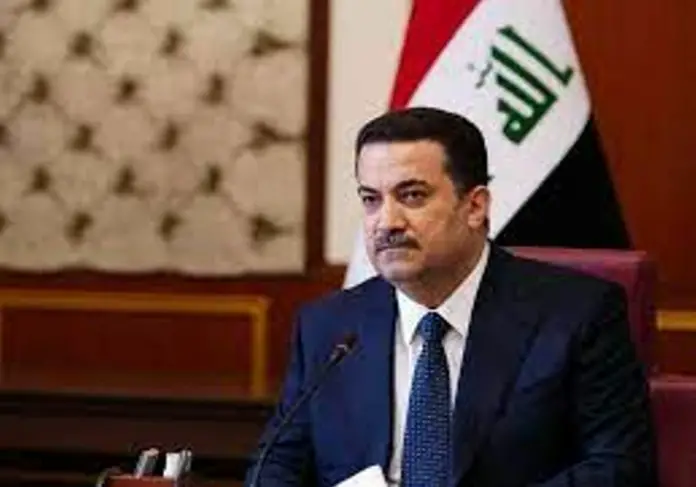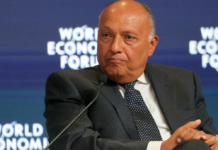Deputy Prime Minister Muhammad Ali Tamim of Iraq called for restraint among all involved parties amidst heightened tensions between Iran and Israel, as reported by Reuters on Monday. Tamim’s statement came during discussions regarding the intricate US-Iraq relationship, which commenced in Washington.
The meetings coincided with Israel’s deliberations on how to respond to Iran’s recent missile and drone attack, a situation where the United States and Europe have urged caution.
Tamim, co-chairing a session of the US-Iraq Higher Coordinating Committee alongside US Secretary of State Antony Blinken, expressed Iraq’s apprehension about being drawn into a broader conflict that could jeopardize global security.
He emphasized the importance of self-restraint, adherence to diplomatic protocols, and respect for international laws among all parties involved.
Iraq occupies a unique position as an ally to both the United States and Iran. The country’s airspace played a significant role in Iran’s recent military actions against Israel, with Iraqi officials confirming prior notification from Iran regarding the attack to multiple regional countries.
A delegation led by Prime Minister Mohammed Shia Al-Sudani is engaging in discussions across Washington, including meetings with President Joe Biden and Defense Secretary Lloyd Austin.
While the US and other Western nations have praised Iraq’s economic reform proposals, concerns persist regarding the influence of Iran-backed factions. Instances of Shia Muslim armed groups targeting US forces amid the conflict in Gaza have also been noted.
The US initially invaded Iraq in 2003, withdrew in 2011, and later returned in 2014 to combat Daesh. Discussions between Washington and Baghdad now focus on potentially concluding the US-led military coalition in Iraq, alongside broader discussions on economic cooperation.
Secretary Blinken reiterated Washington’s desire to prevent regional escalation and highlighted the agenda for the meetings, including energy security, democracy, climate issues, and US private sector interests in Iraq’s energy sector. He expressed optimism about supporting Iraq’s positive agenda and progress.







